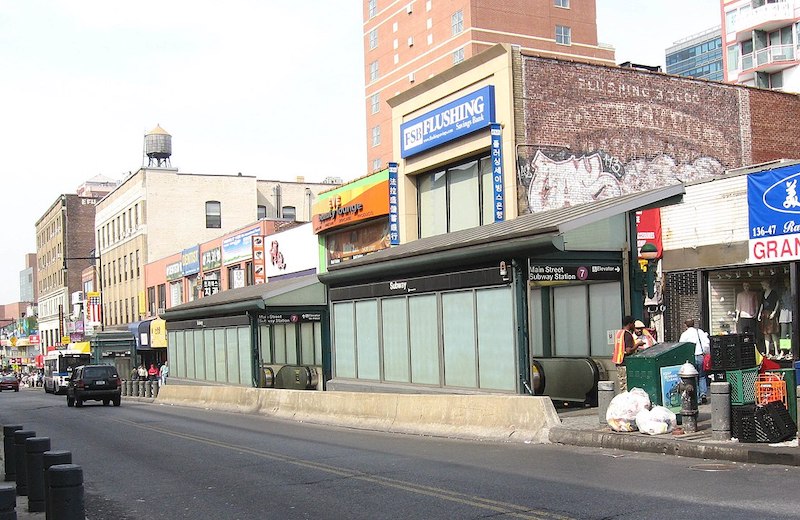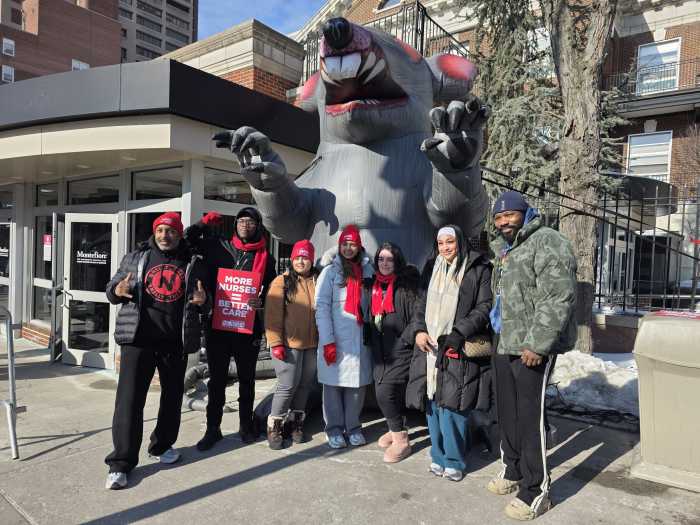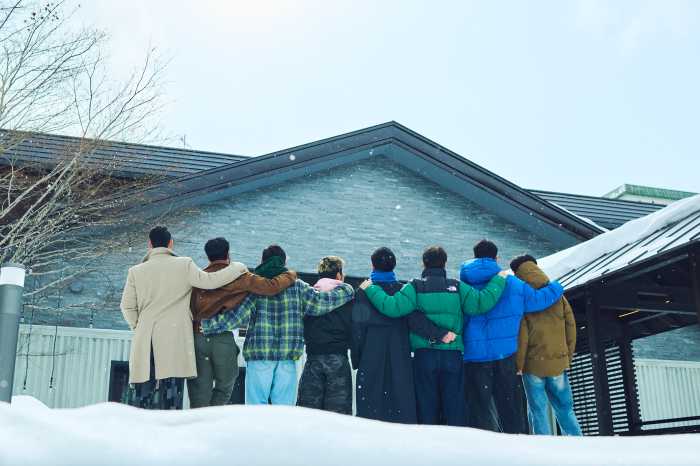As New York City remains the furthest region from reopening, small business owners from all around Queens and the city have been raising their voices from their lockdown homes, calling for the end to this “hypocrisy.”
Re-Open New York, a coalition of 280 New York City small businesses, sent a petition letter to elected officials that garnered over 6,800 signatures and included over 200 small businesses, with the message while big-box chain stores like Target are allowed to be open, many of their stores, which sell similar products remain shuttered.
“At the start of this pandemic, and when our city needed it most, we shut our doors to flatten the curve. But today, while the curve has been flattened our requests to reopen our sources of income have fallen on deaf ears. Our businesses are the backbone of this state, and quite literally, what we depend on to put food on our tables and is equally vital to our employees, vendors, and local neighborhoods,” their letter reads.
Seventh on the list of small businesses joining the coalition is Amor Fine Jewelry, on 13th Avenue in Borough Park. Simcha Minkowitz, 38, who runs the shop with her husband, has made her voice heard over twitter the past couple days.
A frustrated Brooklyn business owner asks why she and her husband can’t be trusted like the big box stores can. Let’s remember how this this is impacting entrepreneurs who want to feed their families. pic.twitter.com/JRNLQvZmT1
— Tova Herskovitz (@tovaherskovitz) May 15, 2020
In the video, Minkowitz laments the fact that the big chain businesses like Target or 7/11 are benefiting from the shutdown while the small businesses are being raked over the coals because of it.

“We wanted to do what we could in the beginning. But now we feel like we are being played. When we walk into a chain store and see flooring being sold or a Walmart and see socks being sold, and our small businesses can’t be open to sell those things. It’s blatant disrespect.”
The shutdown came via Governor Cuomo’s Executive Order 202.6, in which he described specifically what is/is not defined as “Essential Retail” during the period of New York on PAUSE, evidently leaving some businesses, such as jewelry shops, in the non-essential category.
But this was a source of true befuddlement for Minkowitz, who told Kings County Politics, “I’m not saying jewelry is essential, but what I am saying is that my business is essential to my survival. It’s what puts food in my kids’ stomach, what I use to pay their school tuition, it’s my family’s lifeline.”
Minkowitz’s message also rang true yesterday as the Re-Open NY Coalition held a protest at Wagner Park in Lower Manhattan to protest the current shutdown, and demand that the time has come to reopen their doors. They made it clear that by May 26, they will be re-opening their doors.
“If big-box stores can service hundreds at a time, we citizens should be equally trusted to service smaller numbers of clients in our places of business,” reads their letter.
The state agency, Empire State Development (ESD) under Cuomo’s administration defended the small business lockdown while big box stores continue selling everything with no competition, explaining that “a significant portion of the inventory in stores such as Walmart, Costco, CVS and other big box stores are essential products such as food, healthcare items and prescriptions.”
Other stores, explained ESD Spokesperson Kristin Devoe, that sell “essential products” are allowed to remain open, regardless of size, and retail businesses of the non-essential sort are allowed to fulfill orders via a delivery system.
“New York State remains committed to safely in-person operations of non-essential public and private sector industries through a data-based, region-based and industry-specific phasing that allows people to get back to work without triggering widespread transmission of the COVID-19 virus, which could endanger lives and overwhelm the healthcare system,” Devoe wrote.
But for many, this issue of keeping lockdown isn’t as simple as it seems, and what drove Minkowitz to make her viral twitter video was all those voices that weren’t being heard.
“A 58-year-old man was crying to my husband a couple of days ago that he lost his entire business and was barely making it. I couldn’t sleep that night. I just kept thinking, ‘What is he going to do now? He’s not young! How is he going to get a job, especially now?’ That’s when I knew I had to say something,” Minkowitz told KCP.









